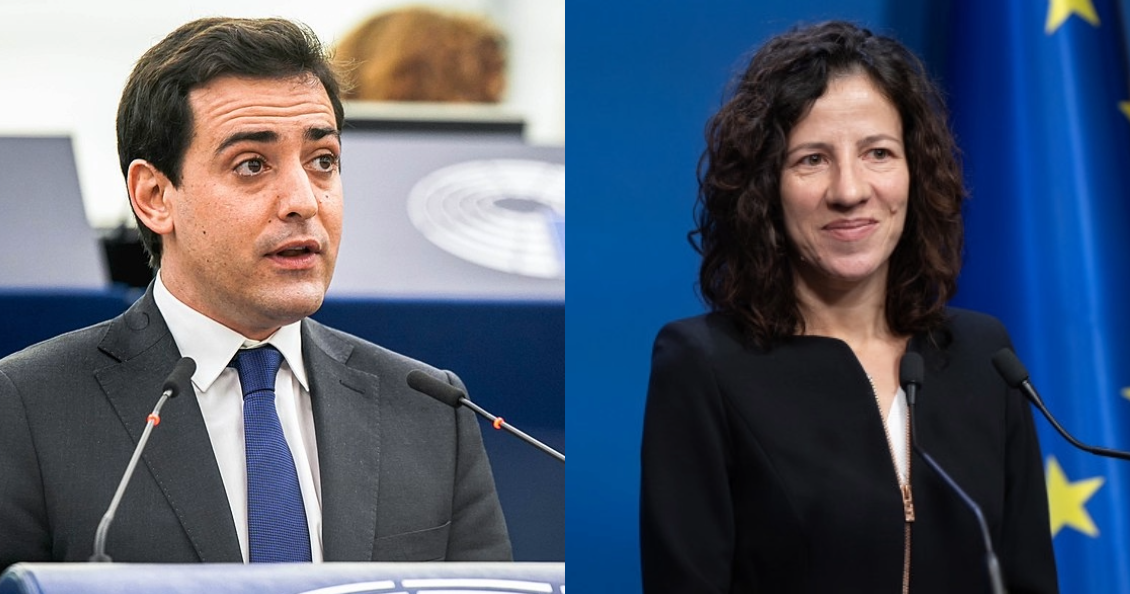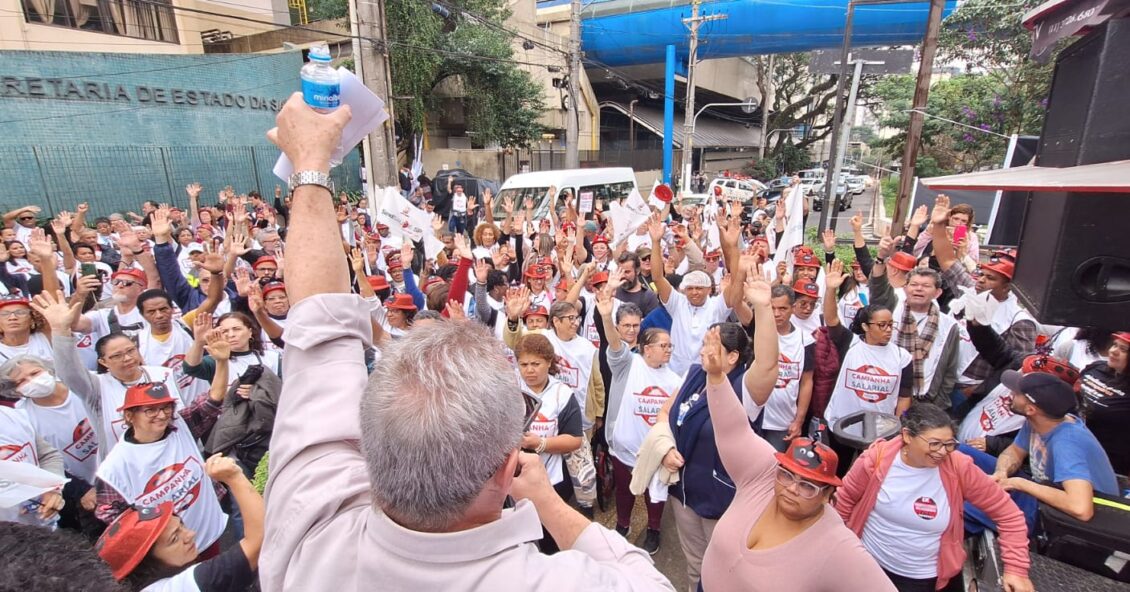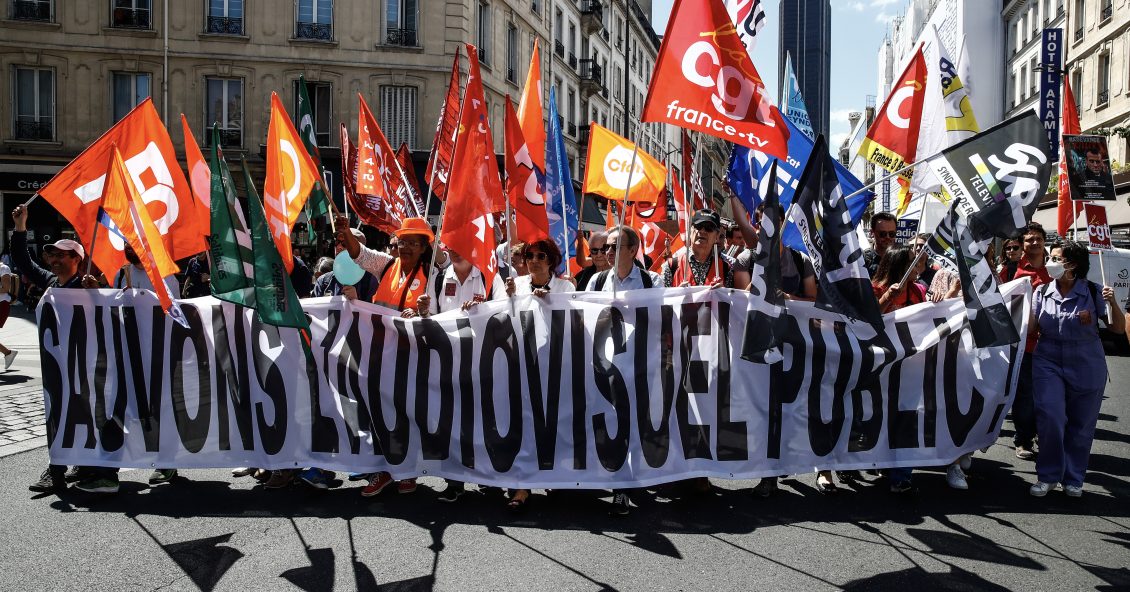EU Commissioners-designate questioned on public procurement and collective bargaining
25.10.24
Ahead of hearings in the European Parliament, UNI Europa campaigned successfully to have two Commissioners-designate questioned on public procurement and collective bargaining. Here is what they said in their written responses.
Between 4 and 12 November, the European Parliament will host a series of hearings to grill EU Commissioners-designate on their legislative strategy. This moment is crucial for holding them to account for their economic and social positions. UNI Europa will focus on the hearings of Roxana Mînzatu (Executive Vice-President-designate for People, Skills and Preparedness, Romania) and Stéphane Séjourné (Executive Vice-President-designate for Prosperity and Industrial Strategy, France). While the former would be tasked with portfolios related to social and employment policies, the latter would oversee the upcoming revision of the public procurement directives.
Ahead of the hearings, European Parliament committees submitted written questions to the Commissioners-designate. UNI Europa campaigned successfully to have the candidates questioned on two of our priorities: EU public procurement and collective bargaining.
This comes after essential workers from nine European countries rallied in Brussels on 1 October, demanding that European Commission President Ursula von der Leyen act to improve pay and conditions for millions of workers through procurement reform.
Both the Committee for the Internal Market and Consumer Protection (IMCO) and the Committee on Employment and Social Affairs’ (EMPL) questions to Stéphane Séjourné focused on the revision of the public procurement directives:
“How will you ensure that the social aspects of the EU public procurement legislation are strengthened, notably with regard to social award criteria in public contracts, in view of: limiting subcontracting chains and regulating the role of labour intermediaries; ensuring the respect of workers’ rights and the application of collective agreements; enhancing employment opportunities for persons with disabilities and workers with support needs; ensuring that not-for-profit/social economy providers of social services are not excluded from public contracts?”
In his written response, Commissioner-designate Séjourné made four statements to clarify his position on public procurement reform. UNI Europa welcomes his
- statement that public procurement has an “important role to play” in the promotion of high labour standards such as “sound competition and avoiding a race to the bottom in the quality of jobs we create’.
- suggestion that the revision of the public procurement directives is an opportunity to identify “possible steps towards promoting the use of social clauses, enhancing social responsibility and sustainability in procurement”.
- promise that local authorities and social partners will be “properly involved in the process in order to feed their input into the revision”.
- support the Commission’s efforts to look into its own use of social clauses.
At the same time, UNI Europa is concerned by Séjourné’s lack of clarity on two points:
- Séjourné focussed on “added value” of public procurement on the acquisition of security technologies, rather than the application of public procurement on everyday services which make up the majority of public procurement contracts. This will have to be addressed.
- Sejourné did not deliver a detailed response on how the social dimension would be implemented, or by which criteria. Sejourné linked an improved social impact with the need to simplify and speed up the processes of public procurement. He suggested that it is “the complexity of our rules which often hinder the participation of small entities in public procurement”. While this may be a factor, UNI Europa research has demonstrated that many companies do not join public tenders if the main criterion is the lowest price.
As for Commissioner-designate, Roxana Mînzatu, the committees asked her directly how she will meet objectives on “collective bargaining” in line with the European Pillar of Social Rights. UNI Europa welcomes Mînzatu’s commitment to strengthening collective bargaining and her proposal for a new Pact for European Social Dialogue:
“I will invest full support into strengthening social dialogue and collective bargaining, building on the Minimum Wage Directive and the 2023 Council Recommendation on social dialogue. I will start by proposing, early 2025, a new Pact for European Social Dialogue, working together with European trade unions and employers. Collective bargaining and social dialogue are in fact essential for a flexible and inclusive adaptation to the upcoming challenges of European labour markets, connected to the three transitions: green, digital and demographic.”
Taken together, responses by the Commissioners-designate mark an explicit move towards the most socially progressive revision of the EU Public Procurement Directives, including the obligation for all public contracts to provide for collective bargaining. Sejourné stated that he will work closely with Mînzatu to “promote social dialogue and high labour standards” in the course of the revision. UNI Europa will keep campaigning to ensure that public procurement will not fund social dumping but strengthen collective bargaining instead.
News
UNI Europa


